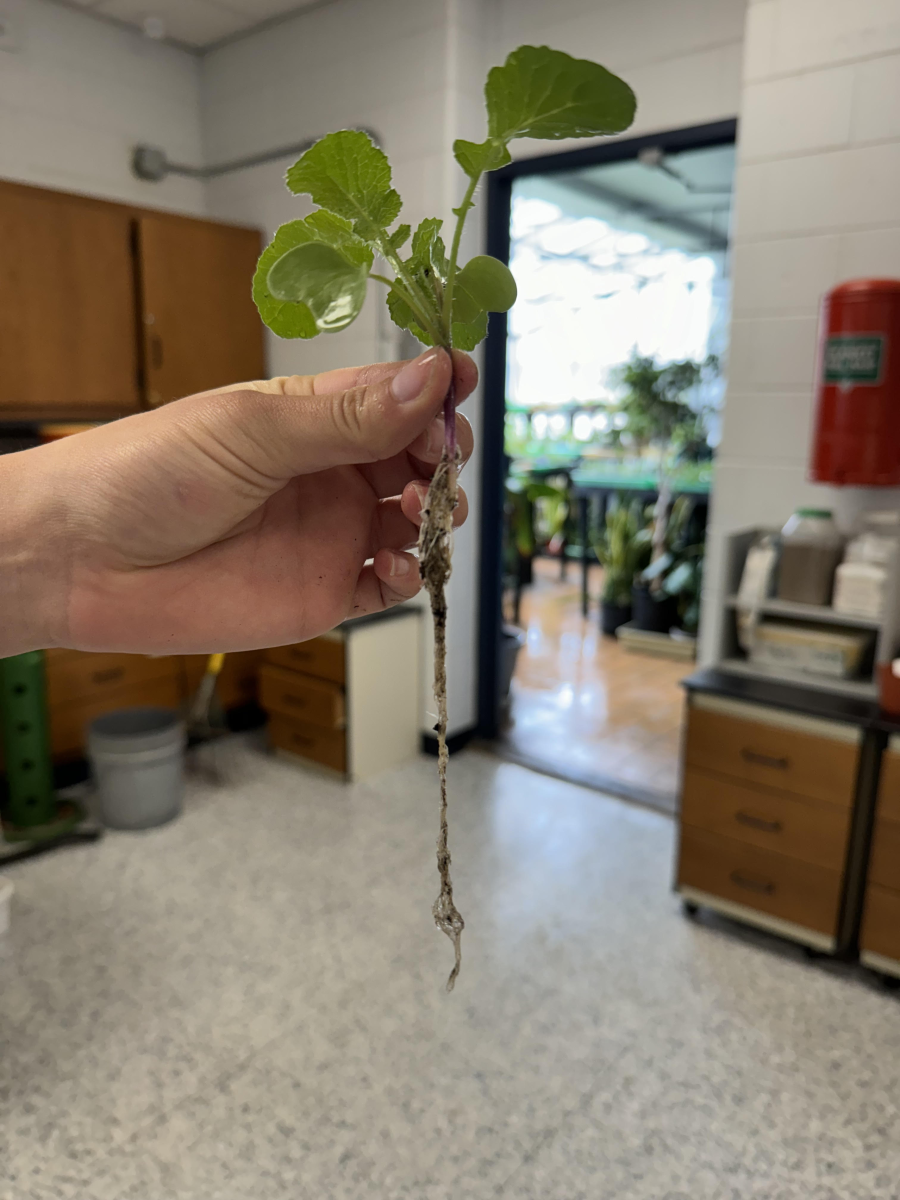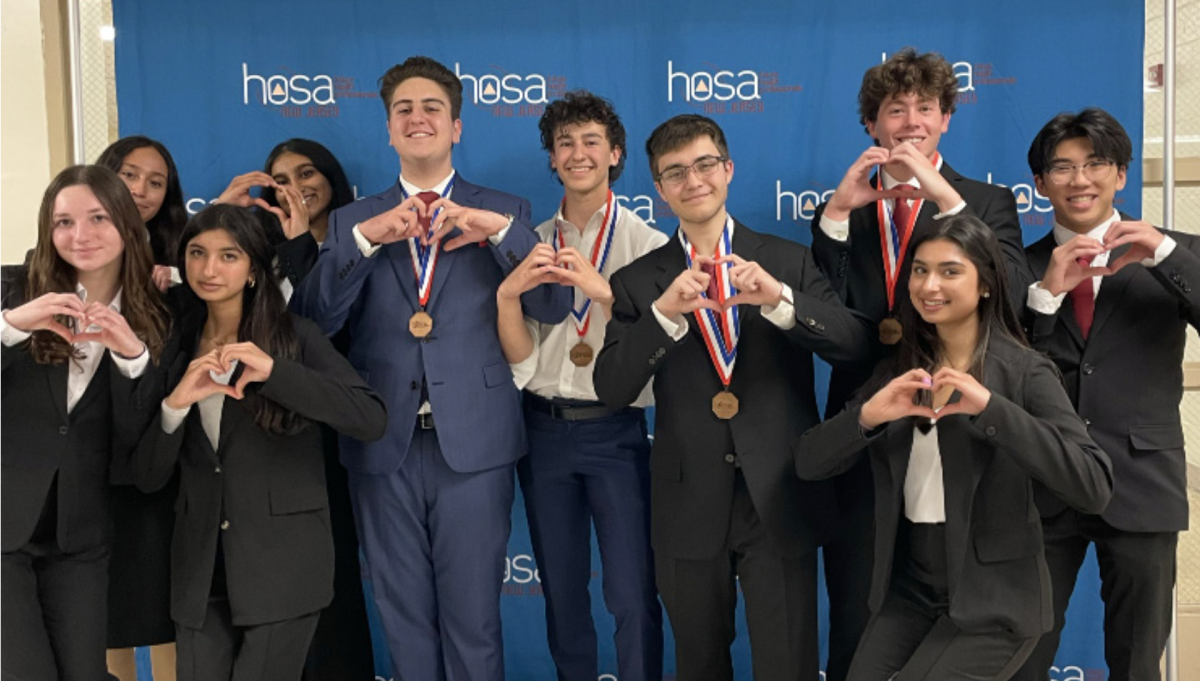‘23
A commonly found sugar substitute, erythritol, an ingredient in many popular drinks, has recently been discovered to have negative health effects. This substitute has now been linked to increased risk of heart attacks, strokes, and other serious health complications. Erythritol, a plant-based sugar replacement and an ingredient in many sugar substitutes like Splenda and Stevia, has been discovered to cause increased blood clotting, therefore exponentially increasing health risks for consumers.
According to Stanley Hazen, the Director of the Center for Cardiovascular Diagnostics and Prevention at the Cleveland Clinic Lerner Research Institute, “If your blood level of erythritol was in the top 25% compared to the bottom 25%, there was about a two-fold higher risk for heart attack and stroke. It’s on par with the strongest of cardiac risk factors, like diabetes.” This information was discovered in a study done by Nature Medicine in which 1,157 subjects were tested and it was discovered that “circulating levels of multiple polyol sweeteners, especially erythritol, were associated with incident (3 year) risk for major adverse cardiovascular events (MACE; includes death or nonfatal myocardial infarction or stroke).” Although this was only one study, having a sample of over one thousand individuals adds validity to the result. While this case study focused on erythritol, this substance is also commonly mixed with Stevia and Splenda, or other sweeteners, such as sucralose and aspartame, have also been found to have health risks.
These chemicals are found in many popular drinks, including those which have been popular amongst students–and even sold in the cafeteria in the past. This includes most Bai products and Vitamin Water Zeros which contain erythritol, Sparkling Ice, and Gatorade Zero which contain sucralose, and Low Sugar Snapple, Propel, Diet Pepsi, and Mountain Dew Energy which contain aspartame. In addition, the Starbucks Refresher Drinks also contain large amounts of Stevia as a sweetener, which has been linked to erythritol as well.
Despite these recent findings, there has long been debates amongst scientists about the safety of all sugar substitutes. For example, the sweetener aspartame has been linked to increased cancer growth, even though the FDA has deemed it safe. When looking at the nutritional value of Snapple Zero Sugar drinks, it states, “We use aspartame as a sugar substitute for some of our Zero Sugar drinks. One of the most studied products in the history of the Food and Drug Administration (FDA), aspartame has been found to be safe through detailed FDA analysis and more than 200 scientific studies. Our company continues to work with affiliated industry associations to ensure that all our products meet or exceed FDA-accepted safety standards.”
While this is discouraging as many beverages that were believed to be healthy now can contain something that increases health risks, this is a new development and has not been confirmed or led to a recall yet. In addition, as aforementioned, these sugar replacements including erythritol have been FDA-approved so while consumers should be aware of the possible dangers, there is no need for immediate panic.







